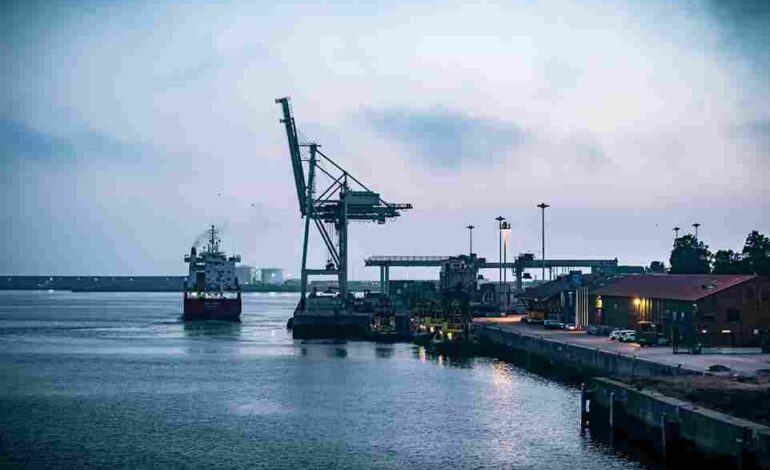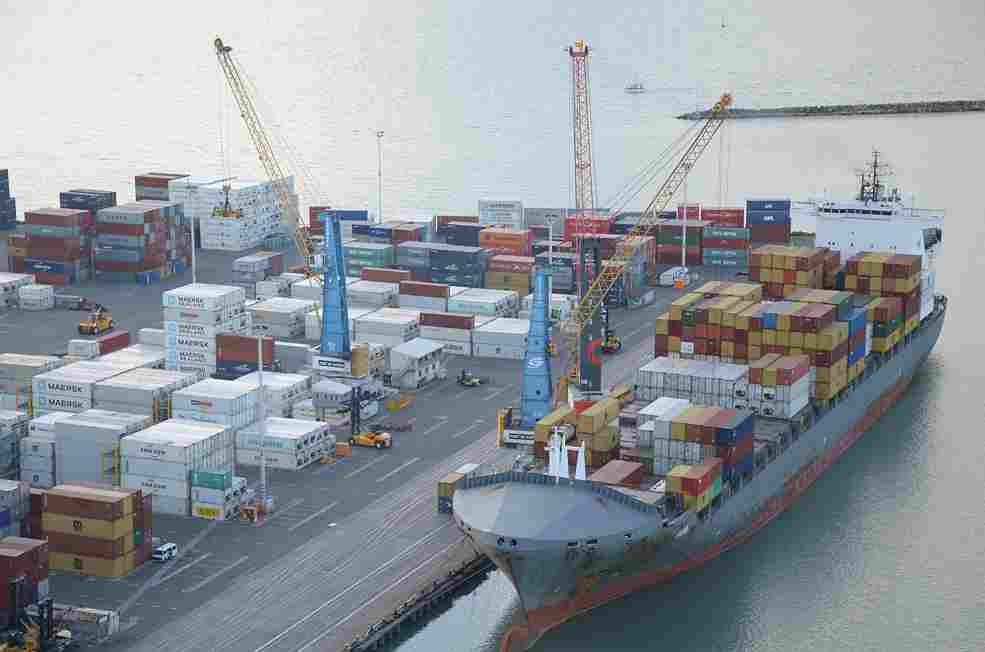
Understanding the Legal Aspects of Bunkering
Introduction:
Bunkering, the process of supplying fuel to ships, is a vital component of maritime operations. However, this intricate process is not without legal complexities. From compliance with international regulations to contractual agreements, bunkering involves a web of legal considerations that impact shipowners, bunker suppliers, and port authorities. This article delves into the legal aspects of bunkering, exploring the key regulations, contractual frameworks, and potential disputes that characterize this essential maritime activity.
I. International Regulations Governing Bunkering:
1.1 International Maritime Organization (IMO) Regulations:
The International Maritime Organization (IMO) sets the global standards for the maritime industry, including regulations specific to bunkering. The IMO’s MARPOL Annex VI addresses air pollution from ships and includes regulations governing the sulfur content of bunker fuels. Shipowners and bunker suppliers must adhere to these regulations to ensure compliance with environmental standards.
1.2 Sulphur Cap Compliance:
The IMO’s decision to implement a global sulfur cap on bunker fuels, reducing the allowable sulfur content from 3.5% to 0.5%, has profound legal implications. Shipowners must ensure their vessels comply with the new standards, and bunkering suppliers must provide fuels that meet these specifications. Failure to comply can result in penalties, detention of vessels, or even legal action.
1.3 Bunker Delivery Notes (BDNs):
Bunker Delivery Notes (BDNs) play a crucial role in bunkering operations by providing a legal record of the fuel supplied. These documents, in accordance with MARPOL Annex VI, detail key information such as the quantity and sulfur content of the bunker fuel. Ensuring the accuracy of BDNs is essential for both suppliers and receivers, as discrepancies can lead to legal disputes.
II. Contractual Frameworks in Bunkering:
2.1 Bunker Supply Contracts:
Bunker supply contracts form the legal foundation of bunkering transactions. These contracts outline the terms and conditions of the fuel supply, including quantity, quality, and pricing. Clear contractual agreements help manage expectations, reduce the risk of disputes, and provide legal recourse in the event of breaches.
2.2 Standard Bunker Contract Terms:
Standard terms and conditions, such as those provided by industry organizations like BIMCO (Baltic and International Maritime Council), are often incorporated into bunker supply contracts. These standardized terms cover various aspects, including payment terms, delivery obligations, and dispute resolution mechanisms. Standardizing contract terms facilitates smoother transactions and promotes industry-wide consistency.
2.3 Quality Disputes and Sampling Protocols:
Disputes related to the quality of bunker fuel are not uncommon. Bunker supply contracts typically include provisions for fuel quality, and sampling protocols are established to verify compliance. Legal frameworks govern the process of sample analysis, and disputes arising from quality issues may be resolved through arbitration or legal proceedings, depending on contractual agreements.
III. Liabilities and Insurance in Bunkering:
3.1 Bunker Contamination and Liability:
Bunker contamination, whether due to mixing of fuels or the introduction of impurities, can lead to engine damage and operational issues. Liability for contamination may rest with the bunker supplier, and legal disputes may arise if the cause is contested. Comprehensive contracts often include provisions specifying liability and recourse in such instances.
3.2 Insurance Coverage:
Bunker suppliers and shipowners typically maintain insurance coverage to mitigate the financial risks associated with bunkering operations. Marine insurance policies may cover liabilities arising from fuel spills, contamination, or other incidents. Ensuring the adequacy of insurance coverage is a legal imperative to safeguard against potential financial losses.
IV. Environmental and Regulatory Compliance:
4.1 Port State Control Inspections:
Port State Control (PSC) inspections are conducted by maritime authorities to ensure vessels and bunkering operations comply with international regulations. Non-compliance can result in detention, fines, or legal action. Shipowners and bunker suppliers must be vigilant in maintaining compliance to avoid legal repercussions.
4.2 Emission Control Area (ECA) Compliance:
Bunkering in Emission Control Areas (ECAs) subjects vessels to additional regulations, including stricter sulfur content limits. Legal compliance with ECA regulations is imperative, and failure to adhere to these standards can lead to penalties and legal consequences.
V. Dispute Resolution Mechanisms:
5.1 Arbitration Clauses in Contracts:
Bunker supply contracts often include arbitration clauses as a preferred method of dispute resolution. Arbitration provides a confidential and efficient process for resolving disputes outside of court. The choice of arbitration venues and rules is typically specified in the contract.
5.2 Legal Recourse in Case of Breach:
In the event of contractual breaches or disagreements, parties may seek legal recourse through litigation. The choice of jurisdiction and applicable laws is a critical consideration in the drafting of bunker supply contracts. Legal proceedings can be time-consuming and costly, underscoring the importance of clear contractual terms.
VI. Emerging Trends and Future Legal Considerations:
6.1 Digitalization and Blockchain Technology:
The integration of digital technologies, such as blockchain, is transforming bunkering operations. Blockchain can provide a secure and transparent platform for recording bunkering transactions, enhancing traceability, and reducing the risk of disputes. The legal implications of these technological advancements, including the recognition of digital records, are evolving.
6.2 Sustainability and Alternative Fuels:
The maritime industry’s shift towards sustainable practices and alternative fuels introduces new legal considerations. The development and adoption of regulations governing the use of cleaner fuels, carbon pricing mechanisms, and environmental impact assessments will shape the legal landscape of bunkering in the years to come.
Conclusion:
Bunkering, while essential to maritime operations, operates within a complex legal framework shaped by international regulations, contractual agreements, and environmental considerations. Shipowners, bunker suppliers, and port authorities must navigate these legal waters with diligence and foresight. By establishing clear contractual terms, ensuring compliance with international regulations, and embracing emerging technologies, the bunkering industry can address legal challenges and contribute to a more efficient and sustainable maritime future.





